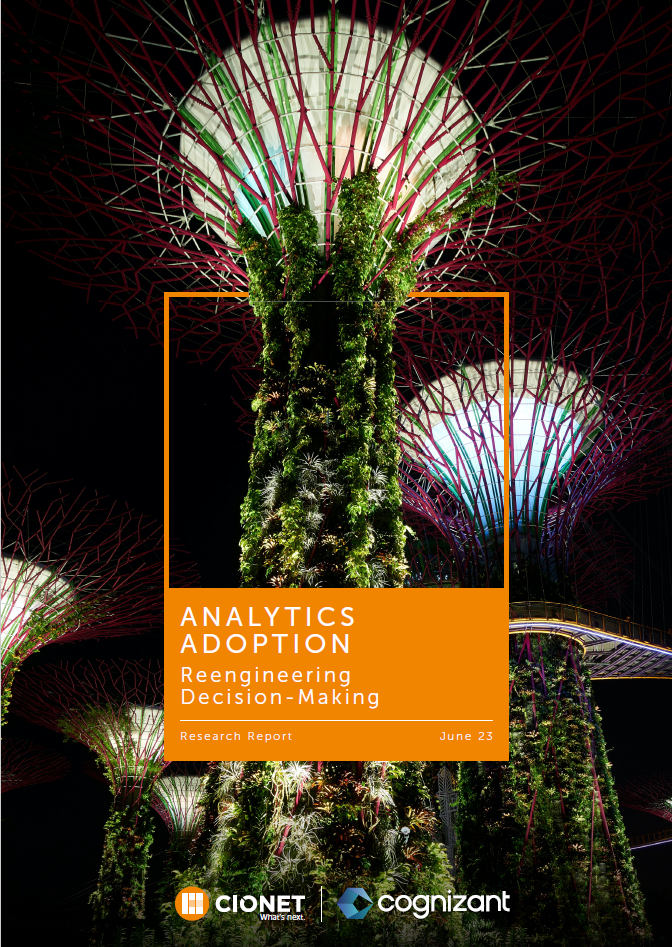Discover industry-specific solutions and expertise.
Solve your toughest A&D challenges with Belcan.
Ignite peak performance and efficiency in your business.
Reimagine your manufacturing competitive advantage.
Accelerate growth with customer-focused solutions.
Our data and AI solutions align with your business outcomes and create impactful results.
Personalize learning experiences with education tech and IT solutions—and make learners feel valued.
Create strategies for product, service and process innovation that deliver new growth.
Meet customer demands for a digital, personalized online insurance experience—while reducing risk.
Digitally transform to empower a more intelligent, agile and high-performing enterprise.
Make business decisions based on real-time contextual data with our digital solutions.
Stay ahead of the competition with the latest tech like IoT, machine learning and blockchain.
Deep industry expertise to propel your business into the future.
Explore Belcan’s flexible, custom-tailored solutions.
Solution to turn isolated AI pilots into production-grade agent networks.
Put AI to work and turn opportunity into value.
Accelerate time to value for industrial edge AI.
Maintain high integrity across the AI lifecycle.
Realize the next frontier of enterprise performance.
Enhance operations, boost efficiency, remove technical debt and modernize apps for the future.
Boost operational efficiency, optimize costs and speed product development.
Transform operations through intelligent orchestration, platform integration and strategic partnerships.
Enable a more secure and value-centered business with proven next-gen solutions.
AI insights to inspire enterprise transformation.
Set your modernization up for success with a flywheel strategy.
Develop the technical capabilities needed to create robust agents.
Bridge the gap between strong AI leadership and business readiness.
Explore the latest in AI in our newsletter released bimonthly.
Dive into our forward-thinking research and uncover new tech and industry trends
Explore the top focus areas that are important to Cognizant and our clients.
Explore how our expertise can help you sense opportunities sooner and outpace change.
Discover industry-specific solutions and expertise.
Solve your toughest A&D challenges with Belcan.
Ignite peak performance and efficiency in your business.
Reimagine your manufacturing competitive advantage.
Accelerate growth with customer-focused solutions.
Our data and AI solutions align with your business outcomes and create impactful results.
Personalize learning experiences with education tech and IT solutions—and make learners feel valued.
Create strategies for product, service and process innovation that deliver new growth.
Meet customer demands for a digital, personalized online insurance experience—while reducing risk.
Digitally transform to empower a more intelligent, agile and high-performing enterprise.
Make business decisions based on real-time contextual data with our digital solutions.
Stay ahead of the competition with the latest tech like IoT, machine learning and blockchain.
Deep industry expertise to propel your business into the future.
Explore Belcan’s flexible, custom-tailored solutions.
Solution to turn isolated AI pilots into production-grade agent networks.
Put AI to work and turn opportunity into value.
Accelerate time to value for industrial edge AI.
Maintain high integrity across the AI lifecycle.
Realize the next frontier of enterprise performance.
Solution to turn isolated AI pilots into production-grade agent networks.
Enhance operations, boost efficiency, remove technical debt and modernize apps for the future.
Connect your processes, people and insights across the enterprise with AI-enabled IPA.
Turn big visions into practical realities with expertise that takes you further.
Boost operational efficiency, optimize costs and speed product development.
Transform operations through intelligent orchestration, platform integration and strategic partnerships.
Enable a more secure and value-centered business with proven next-gen solutions.
AI insights to inspire enterprise transformation.
Set your modernization up for success with a flywheel strategy.
Develop the technical capabilities needed to create robust agents.
Bridge the gap between strong AI leadership and business readiness.
Explore the latest in AI in our newsletter released bimonthly.
Keep up with the trends shaping the future of business—and stay ahead in a fast-changing world.
Dive into our forward-thinking research and uncover new tech and industry trends
Explore the top focus areas that are important to Cognizant and our clients.
Explore how our expertise can help you sense opportunities sooner and outpace change.
Written by Gregory Verlinden
17 July, 2023

Share
3 mins
To effectively engage stakeholders during the shift towards a new way of working, centered on analytics and data-driven decision making, there are some strategies and initiatives that I believe can be beneficial.
I can give my opinion, but even better, thanks to a research study that Cognizant carried out in collaboration with CIONET, I can give you the insights of a sample of 26 CIOs and CDOs. Their perspectives and experiences offer a wealth of knowledge on effective approaches and actions for engaging stakeholders during this transformative period.
To engage stakeholders effectively, organisations should clearly communicate the goals, benefits, and progress of the shift towards analytics and informed decision-making. Regular updates, success stories, and addressing concerns openly foster transparency, build trust, and ensure everyone understands the importance of the change.
Involving stakeholders from different levels and departments is vital. Organisations should seek their input, listen to their concerns, and incorporate their ideas into the implementation of analytics and informed decision-making. This involvement creates a sense of ownership, aligns solutions with organisational objectives, and caters to individual needs.
Comprehensive education and training programmes should be provided to equip stakeholders with the necessary skills and knowledge to understand and utilise analytics effectively. Tailored training sessions, workshops, and resources for different stakeholder groups empower them to make informed decisions based on data and boost confidence in the new way of working.
Showcasing the value and benefits that analytics and informed decision-making bring to the organisation and its stakeholders is essential. Concrete examples, case studies, and metrics should be used to demonstrate how data-driven approaches improve efficiency, productivity, and outcomes. This fosters buy-in and enthusiasm for the new way of working.
Implementing a robust change management framework helps address potential resistance and challenges during the transition. Developing a clear roadmap, anticipating obstacles, and providing support to stakeholders is critical. Regularly assessing the impact of the change and making adjustments as needed ensure a smooth transition.
Establishing mechanisms to gather feedback from stakeholders on the effectiveness of analytics and informed decision-making is crucial. Encouraging stakeholders to provide insights, suggestions, and lessons learned allows organisations to refine processes, address concerns, and continuously improve the approach.
Recognising and rewarding stakeholders who embrace analytics and informed decision-making, contribute to the shift, and achieve positive outcomes, is important. Public recognition, incentives, and career development opportunities can be utilised to celebrate successes. This reinforces the value of the change and encourages wider adoption.
By implementing the recommended strategies and considering the key factors that differentiate successful organisations, businesses can effectively engage stakeholders and navigate the shift towards a new way of working centred on analytics and informed decision-making.
These insights were derived from a joint study conducted by Cognizant and CIONET on the maturity of Analytics Adoption in Belgium this year.

